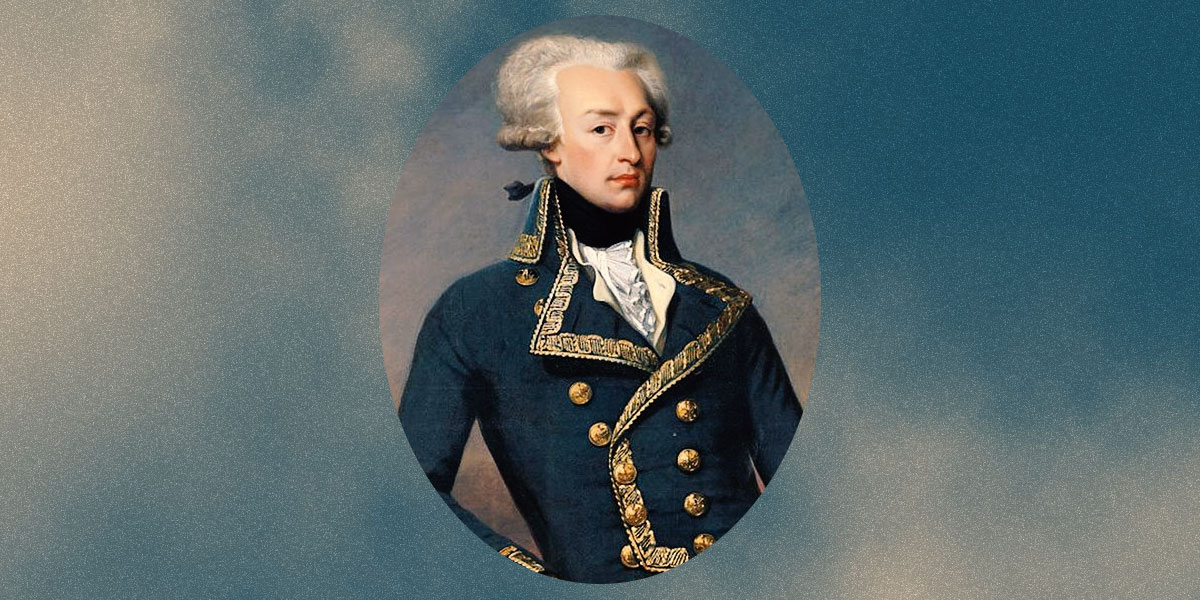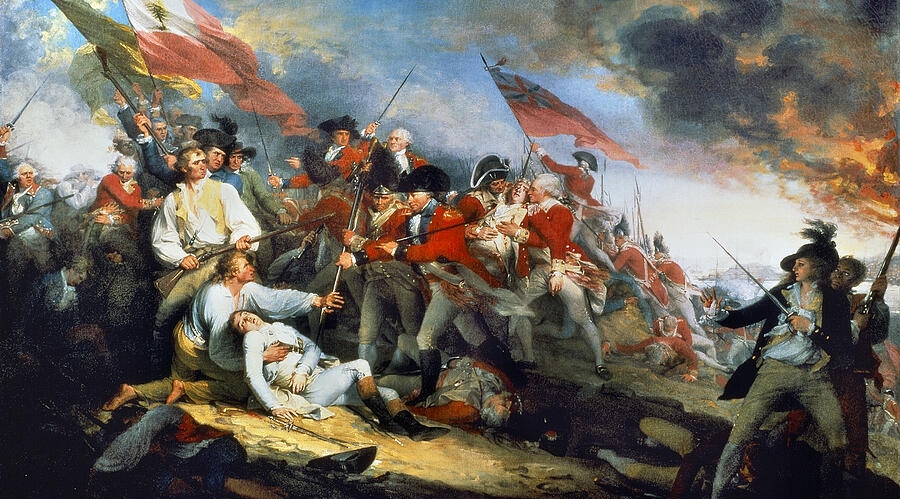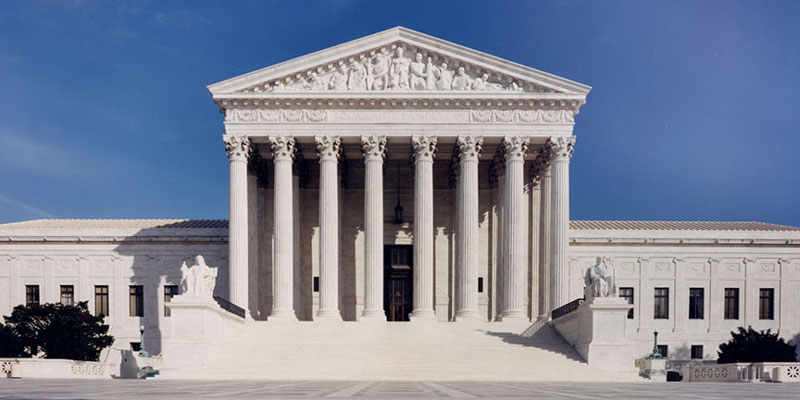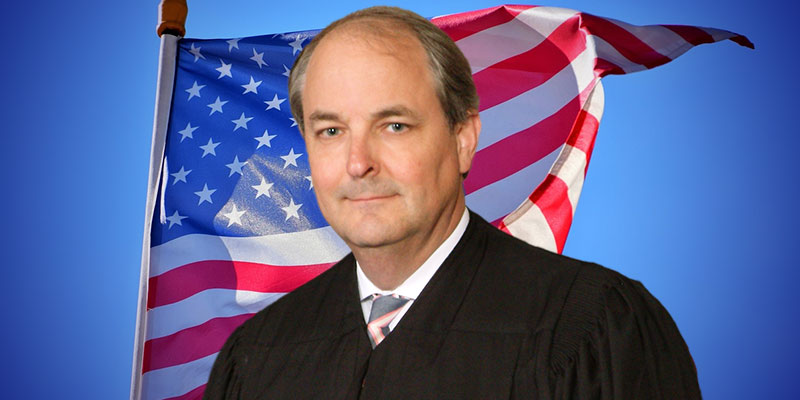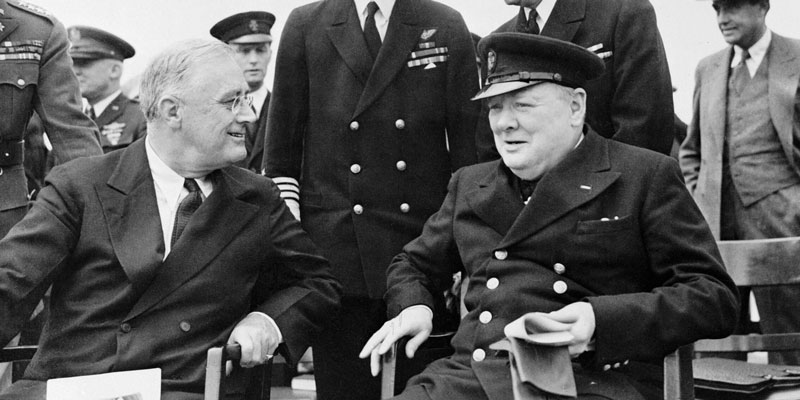Two hundred years ago, the Marquis de Lafayette spent nine days in Alabama traveling across the midwestern portion of the state from Georgia to Montgomery and then to Selma, the Capitol at Cahawba, and downriver to Mobile.
Alabamians came out of the woodwork to see him; Lafayette drew crowds that any politician or public figure would envy.
But what prompted his visit, and why is it being commemorated with such veneration today?
At age 19, Lafayette came to America to join the colonies in fighting for their independence from Britain. He came of age when the intellectual machinations of the French philosophes’ ideas and first principles about the nature of man, government, and liberating freedom were all the rage.
Much like others who have been inspired by revolutionary movements through the ages, he viewed the American Revolution as the manifestation of all that was good — a revolt against tyranny, a fight for independence, and the creation of a representative republic based upon the fundamental tenets of freedom and democracy.
Lafayette would experience the highs of the successful American Revolution and the lows of the anarchy of the French Revolution. He would sideline himself from politics, only to get sucked back in as France went through the Napoleonic Era, Bourbon restoration, and other upheavals.
By 1823, he had lost his seat in France’s Chamber of Deputies, was despised by the King, and lamented what seemed like a lost cause of bringing France to a constitutional monarchy.
Completely out of sorts and isolated, he wrote to his friend, James Monroe, the sitting president of the United States. The two had first met during the revolution and continued their friendship when Monroe was envoy to France.
Lafayette’s letter outlined his desire to return to America and reacquaint himself with his youthful exploits.
Monroe jumped at the idea and viewed the return of Lafayette as a much-needed moral boost from the sectionalism that was dividing America. His friend’s return would remind the nation why it was founded, why the revolution was fought and succeeded, and why a sense of patriotism and unity should prevail over the division and discord that were plainly on the horizon.
Lafayette’s celebrity status and the confidence he still commanded among Americans made him the ideal returning hero. He could tell of the glories of the American Revolution, recount the part he played, and detail his acquaintance with leading revolutionary figures, but he could also share his less-than-successful experience in his home country of France.
By highlighting how the United States had prospered and grown over 50 years while other revolutionary countries had not, Lafayette could help Americans appreciate what their revolution had achieved — and what it had avoided.
Inasmuch as the celebrations did create a distraction from contemporary politics and engendered a social movement of sorts to honor Lafayette, he was not able to provide a patriotic pivot to the unified feeling of revolutionary days. In fact, it was during his visit that one of the most bitter national contests surfaced with the presidential election of 1824, which was decided by the House of Representatives when no candidate received a majority of the electoral votes.
The national acrimony occasioned when John Quincey Adams was selected over the popular vote-getter, Andrew Jackson, bubbled beneath the surface. Lafayette’s presence would temporarily mask this event and unify communities in celebration, but once he departed, any feelings of mutual forbearance and goodwill vanished with him.
But even so, his historic visit mattered, and it still matters today.
By celebrating his visit, we are transported back to an earlier age and are forced to consider the ideals that undergirded the revolution and the events surrounding it. Lafayette’s memory prods us to recall the person and character of George Washington, and doing so brings us face-to-face with the reality that the success of the revolution was not a foregone conclusion, but a hard-fought marathon requiring sacrifice, suffering, and deprivations.
Lafayette matters today because in considering the wild, enthusiastic crowds, we know that there was something unique in his person that attracted people to see him. In Lafayette, we see a war hero who fought in two revolutions, one successful and the other less so. Lafayette causes us to ask why the American Revolution succeeded and the French Revolution deteriorated into chaos.
He was an eyewitness and an active participant in both. He knew the key players, Washington and Robespierre, personally. He saw the words of revolution and the zeal of patriots turned to a noble cause in America and manipulated to create a reign of terror in France.
Lafayette causes us to square two competing claims of human nature and government because, in his person and experience, he saw what worked and achieved stability and prosperity. He was a testament to the civility and practicality of George Washington, and he was a reminder that greatness and power are sometimes expressed in restraint and resignation.
In celebrating Lafayette, we are celebrating that exuberant spirit of youth that compelled a nobleman to come to America and fight for an ideal. We see Lafayette’s enthusiasm tempered by war and the practical realities of fighting. We learn from Lafayette that reason and philosophy work well in a vacuum but fail miserably when confronted by human nature.
By commemorating Lafayette, we come to terms with our history but see our state and nation in the context of others and realize the genius of our founders, their sacrifice, and the constitutional legacy that still gives us freedom and liberty that remain the envy of the world.
The person of Lafayette and even his myth calls us to consider the foundations of the country and why we have succeeded as a nation while others have failed.
Lafayette’s visit asks us to explore our nation’s deepest roots to better understand the experiment that continues to be the United States of America.
Will Sellers is a graduate of Hillsdale College and an Associate Justice on the Supreme Court of Alabama. He is best reached at [email protected].




